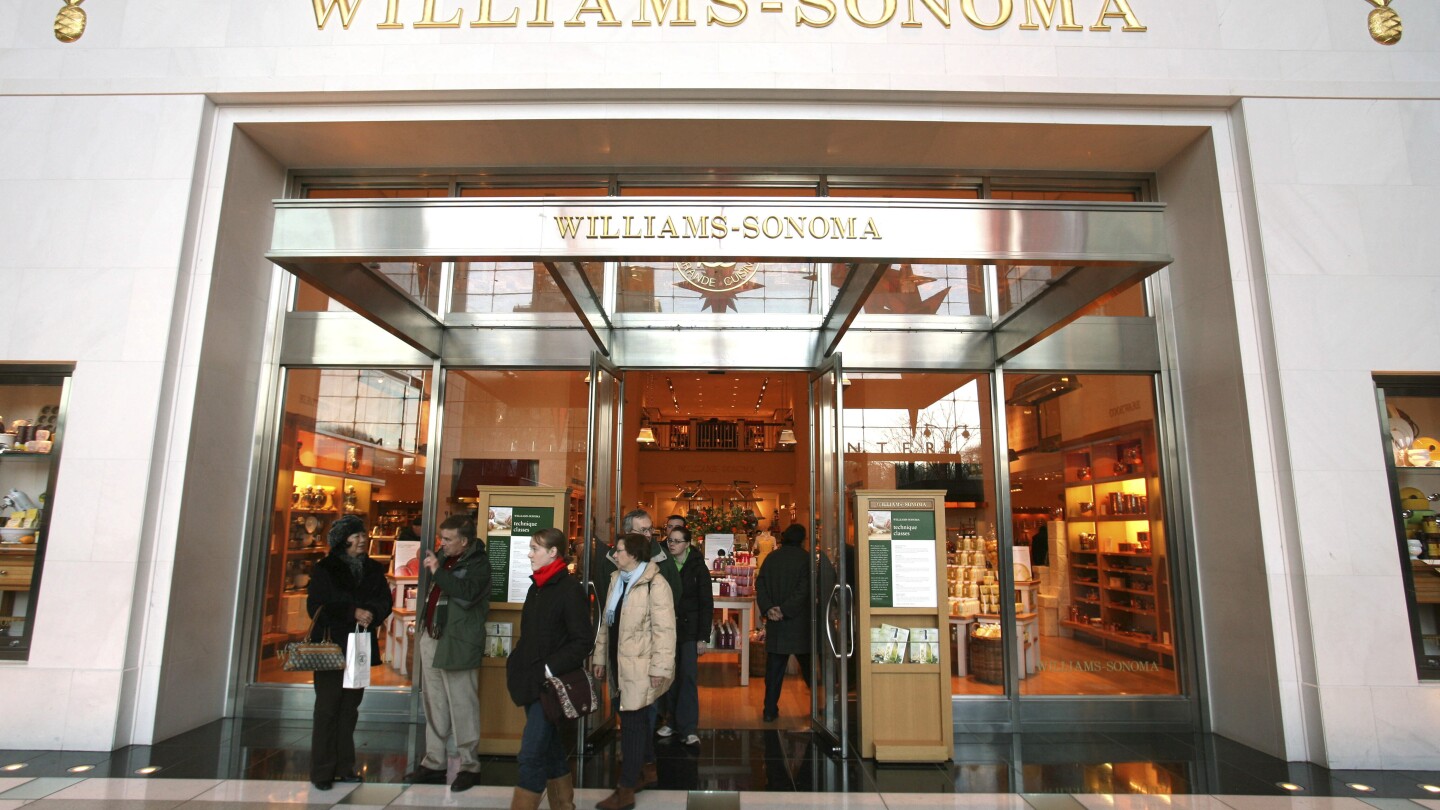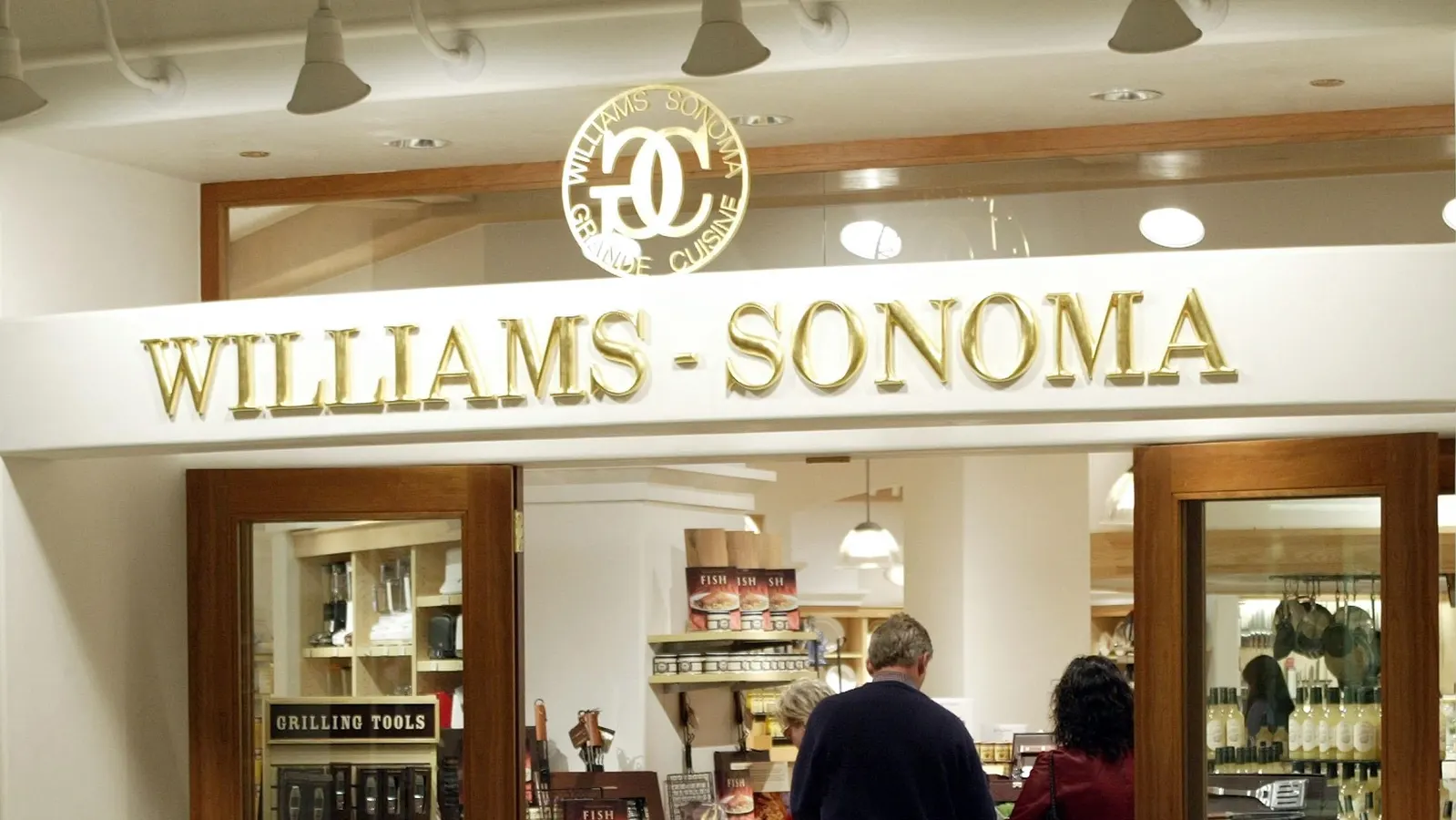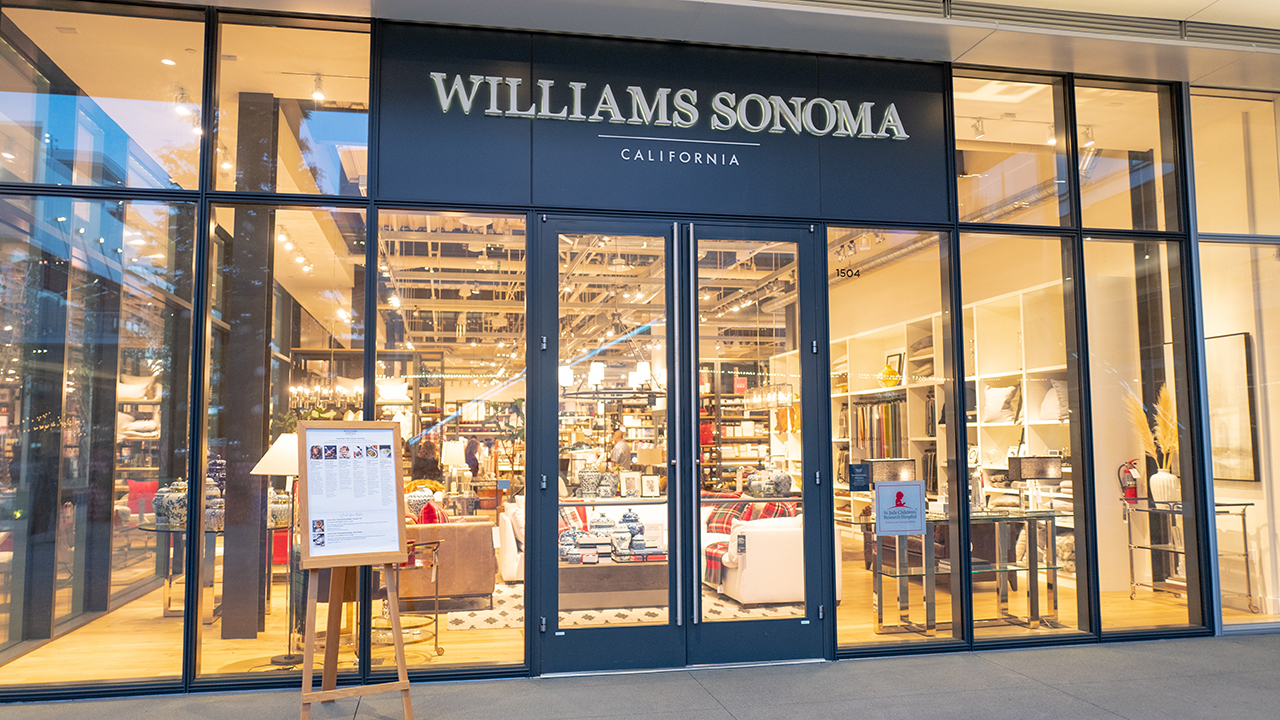Williams Sonoma, a titan in the luxury home goods market, is facing a significant blow to its reputation and wallet. In a recent development, the Federal Trade Commission (FTC) has proposed a hefty $3.18 million fine against the company for misleading consumers about the origin of its products.
This marks a continuation of legal troubles for the retailer, which previously settled charges in 2020 and agreed to pay $1 million for similar infractions.

Williams Sonoma: Unraveling the Claims
The crux of the issue lies in Williams Sonoma’s repeated violations involving false claims of U.S. origin for its products. Despite settling charges and pledging compliance in 2020, the FTC uncovered several instances where the company failed to uphold its commitments.
The most notable instance occurred between April 2022 and August 2023 with PBTeen mattress pads. Advertised as “crafted in America,” these products were, in fact, “wholly imported” from China. This discovery prompted further investigation, revealing that six additional products were falsely labeled as made in America.
Williams-Sonoma hit with largest-ever fine for violating the FTC's 'Made in USA' rules https://t.co/Xk2u5ylcJ0
— KING 5 News (@KING5Seattle) April 28, 2024
Impact on Consumer Trust
These findings raise questions about the integrity of marketing strategies and the ethical considerations of brand trust. Williams Sonoma admitted the truth of these allegations, acknowledging the complaint’s accuracy.
This admission, paired with the FTC’s firm action, underscores the importance of transparency in product labeling.

The Appeal of American-Made
The allure of American-made products cannot be understated. Recent surveys indicate a strong consumer preference for items manufactured within the U.S. One study found that two-thirds of respondents actively seek out American-made goods, with half stating they would pay a premium for such items.
Another survey from the Reshoring Institute in 2020 reinforced this trend, showing that over 69% of participants preferred domestically produced products and were willing to pay 10% to 20% more for them.
Economic and Brand Implications
For Williams Sonoma, which reported nearly $8.7 billion in sales last year and holds a significant position on Forbes’ list of the largest global companies, these incidents pose both financial and brand risks.
The fines and public scrutiny could affect consumer trust and brand loyalty, factors that are crucial to maintaining its market position.

Looking Ahead
As Williams Sonoma navigates these challenges, the broader implications for the retail industry remain clear. Accuracy in labeling and transparency with consumers are not just legal requirements but also critical components of customer relationships and brand reputation.
As the market evolves, Williams Sonoma and similar companies will need to closely examine their policies and practices to ensure they align with both consumer expectations and regulatory standards.










